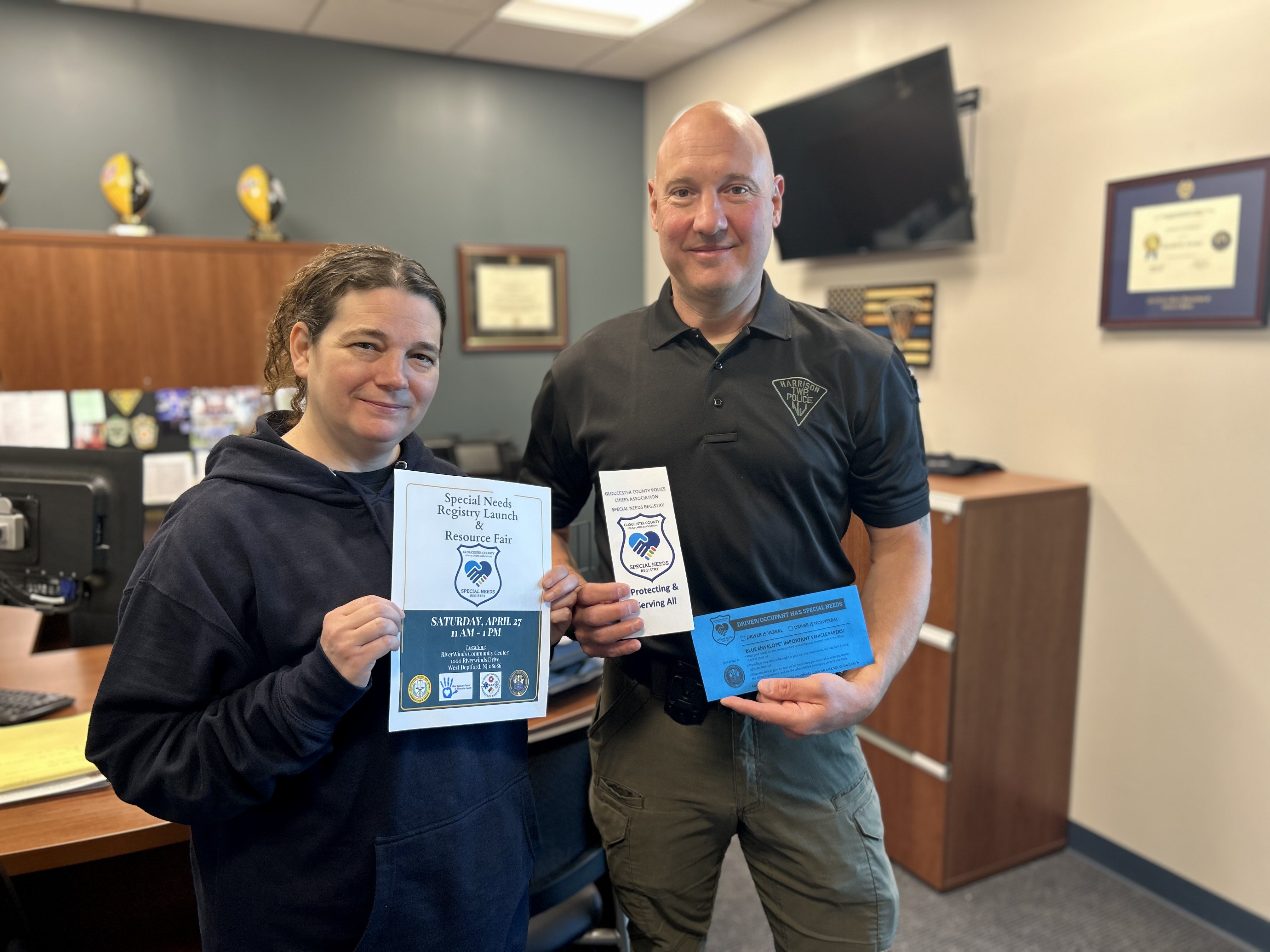Q. What is the coronavirus -- and what are its symptoms?
A. Coronaviruses are common, and there are six known strains. The new strain grabbing headlines is called the 2019 Novel Coronavirus, or 2019-nCoV. This strain broke out in December 2019 in Wuhan, China, according to the U.S. Centers of Disease Control and Prevention.
Early patients in the Wuhan outbreak reportedly had links to a large seafood and animal market, suggesting animal-to-person spread. However, a growing number of patients reportedly have not had exposure to animal markets, which means it is now spreading between people.
Most coronaviruses aren’t dangerous, but some can be; both MERS, which appeared first in 2012 in Saudi Arabia, and SARS, which emerged in 2003, were both coronaviruses that led to hundreds of deaths.
The 2019 coronavirus can lead to headache, cough, sore throat, fever and body aches. In severe cases, the coronavirus may turn into bronchitis and pneumonia. In these cases, patients may experience a high fever, coughing with mucus, shortness of breath and chest tightness that worsens when breathing and coughing.
Q. How does the coronavirus spread?
A. The coronavirus is usually airborne. The virus spreads through close contact with someone who is infected, usually by coughing or sneezing. Close contact can mean touching or shaking hands, touching an object with the virus on it and then touching your mouth, nose or eyes before washing your hands. It can also be contracted through feces.
Health
Q. How do you prevent catching coronavirus?
Wash your hands often with soap and water for at least 20 seconds. If soap and water are not available, use an alcohol-based sanitizer. Avoid touching your face, nose, eyes or mouth without washing your hands. Wash your hands before you eat, and clean areas that you frequently touch.
Q. Is there a cure for coronavirus?
Like the common cold, coronavirus has no cure right now. What you can do is drink plenty of water, make sure to get rest and take over-the-counter medicines for cold and fever symptoms. See your doctor if the symptoms don’t improve.
Several groups are working to develop a vaccine to prevent the coronavirus, including Philadelphia’s Wistar Institute, which is part of a team that won a $9 million grant to develop it.
Researchers in Australia have developed a lab-grown version of the coronavirus, hoping to speed up the process of finding a vaccine. Still, creating a successful vaccine could take a year or more.
Q. Is coronavirus widespread in the United States?
No. The CDC has confirmed only five cases of coronavirus infection in the United States. However, the virus is widespread in parts of China, which has led the U.S.’s Centers for Disease Control to expand travel warnings to the country.
Q. What should you do if you’re worried – maybe unrealistically, but worried – that you might have coronavirus?
Remember, you probably don’t. But when you are sick with any virus, it’s a good idea to stay home, avoid contact with other people and get rest. If symptoms are particularly bad, call your doctor and make an appointment for a checkup. If you have a flu virus, there are medicines that can shorten its duration if given soon enough.
Q. What about colleges and universities, where there are a lot of students in close proximity to each other, and which may have exchange students from China or other countries where coronavirus is spreading? How are they preparing?
A. China sends more international students to the United States than any other country, and it is the seventh-leading destination for Americans studying abroad. In the wake of the outbreak, some schools have changed their exchange programs; Northwestern has stopped all university-supported travel to China, and New York University is delaying start of the Spring semester in Shanghai until Feb. 17. Arizona State, Duke, Texas A&M Universities and the University of Michigan have also made changes.
Local colleges and universities said they are staying in close communication with their exchange students -- and communicating with parents.



